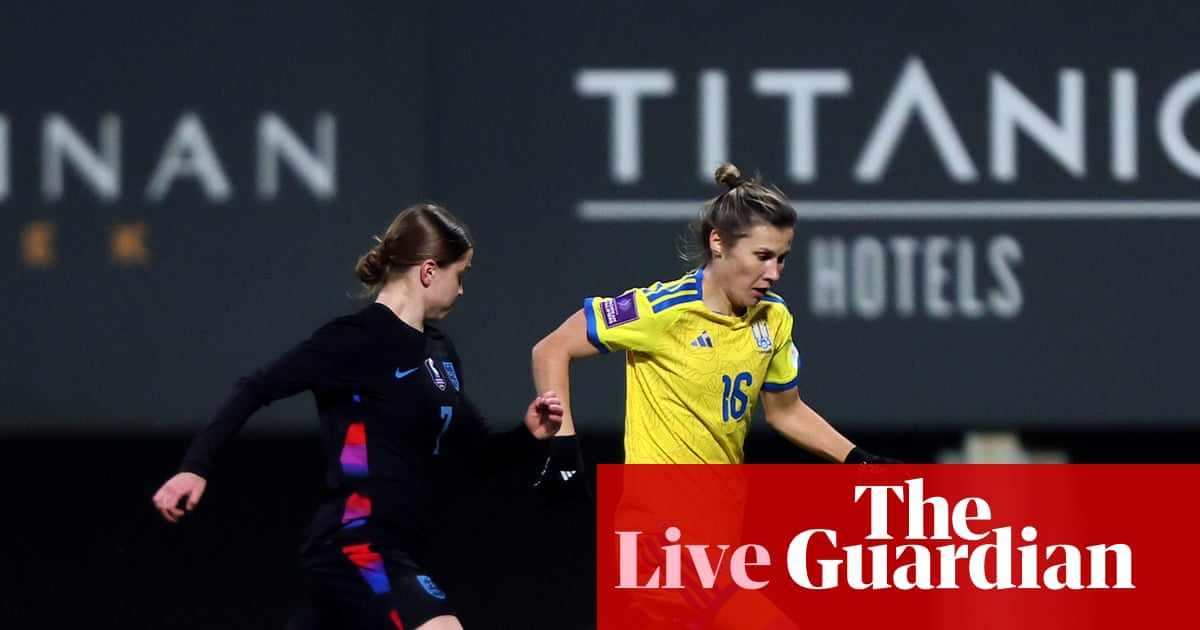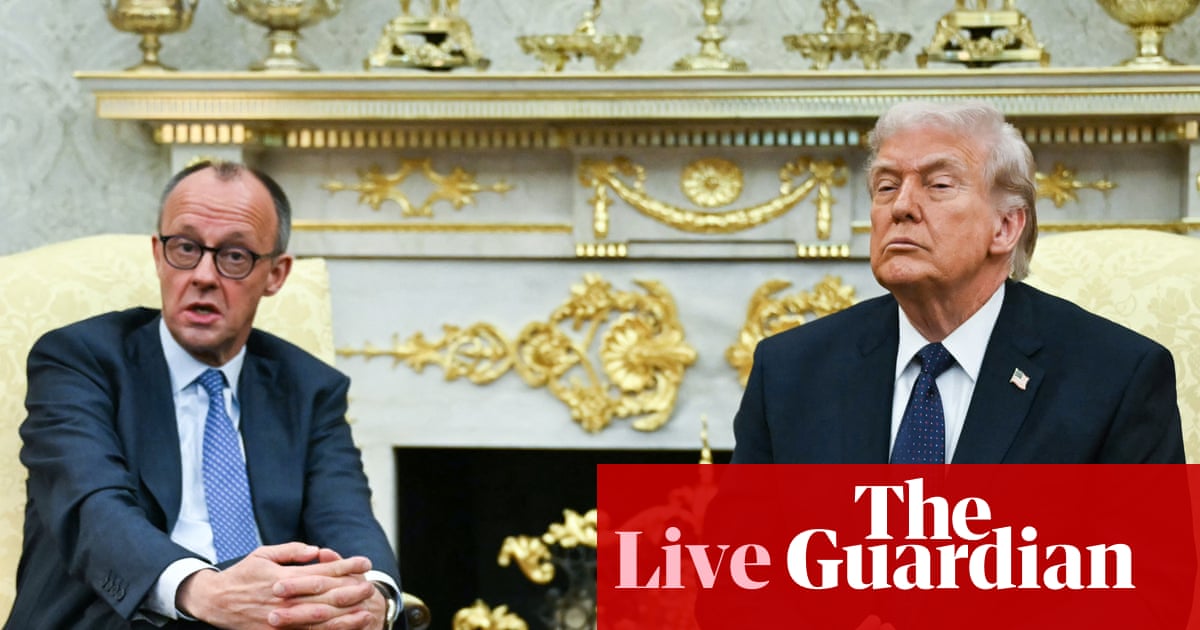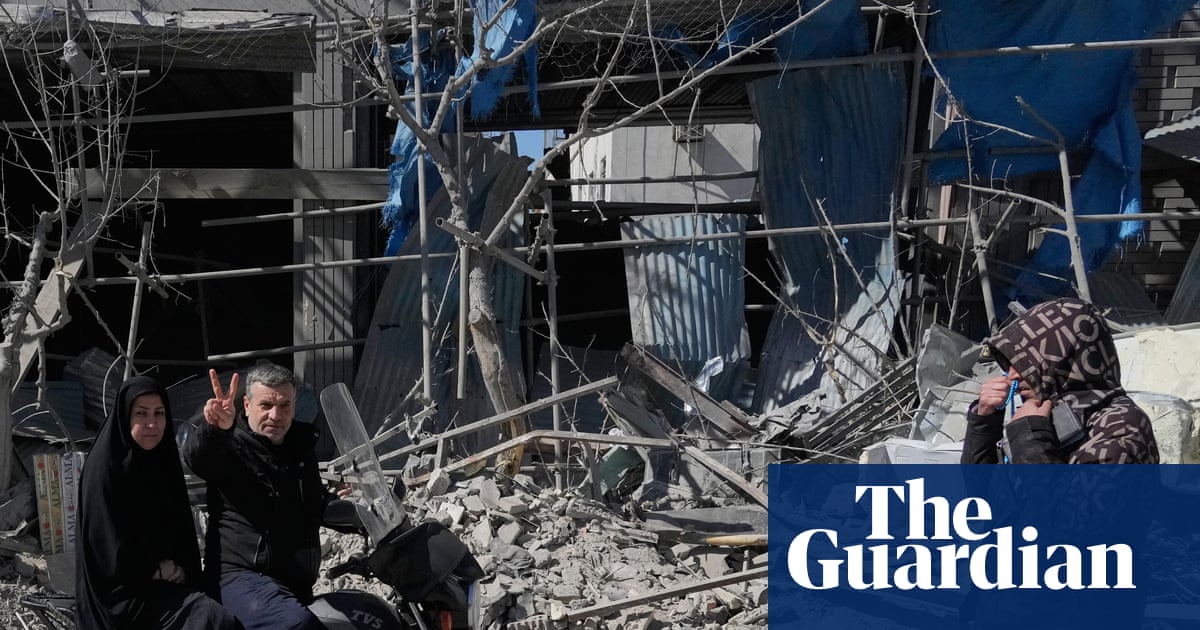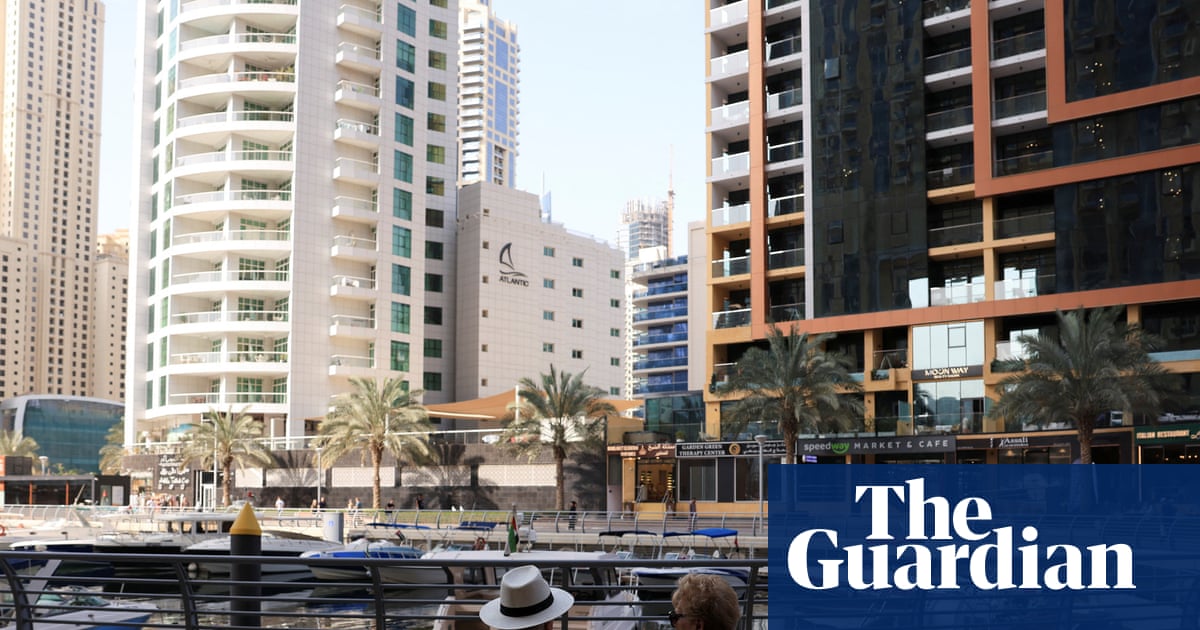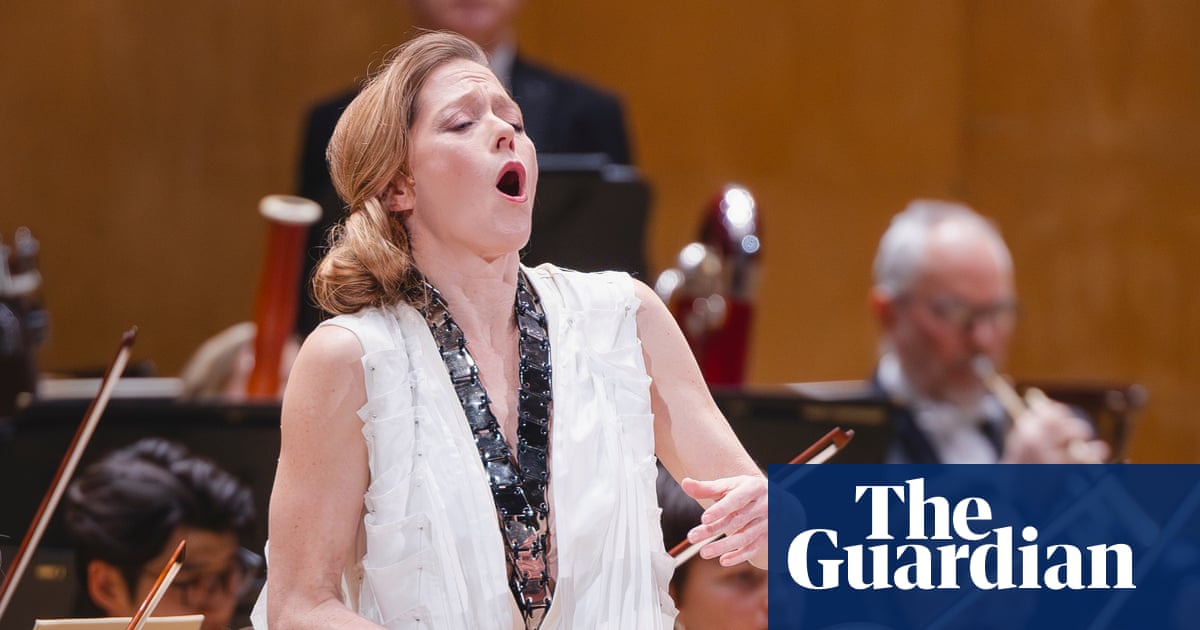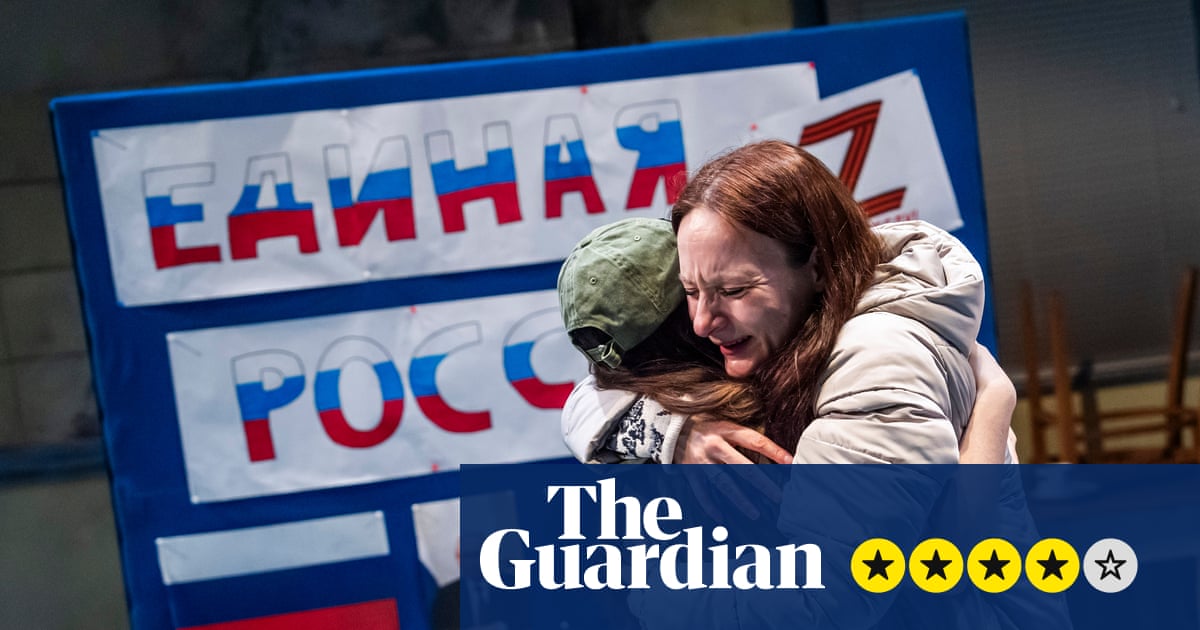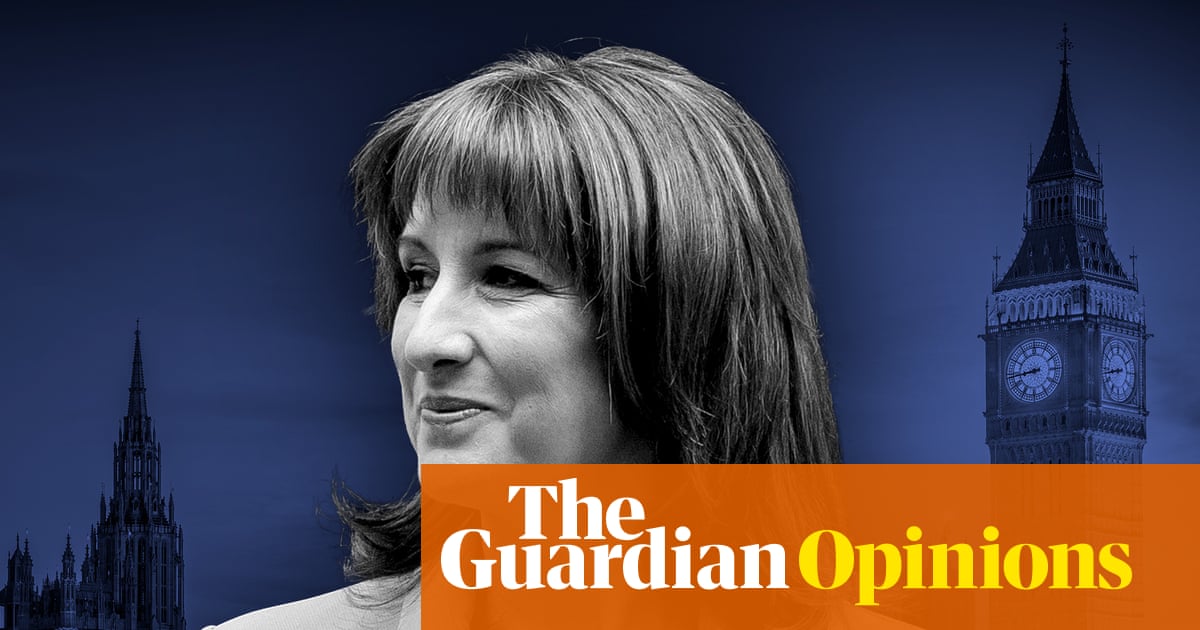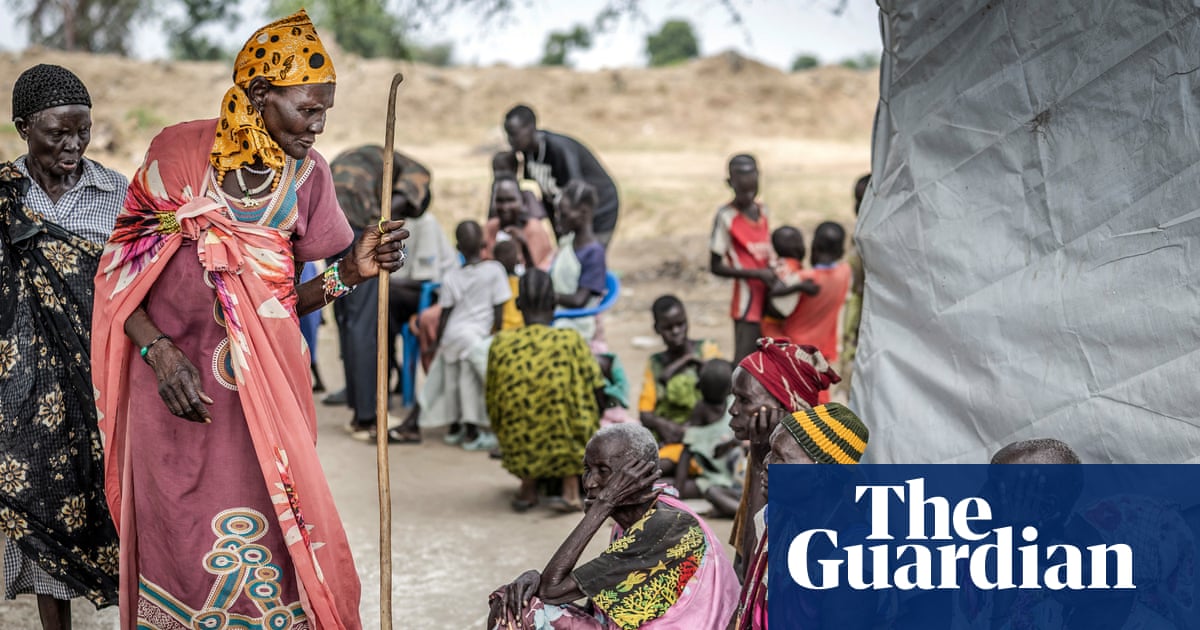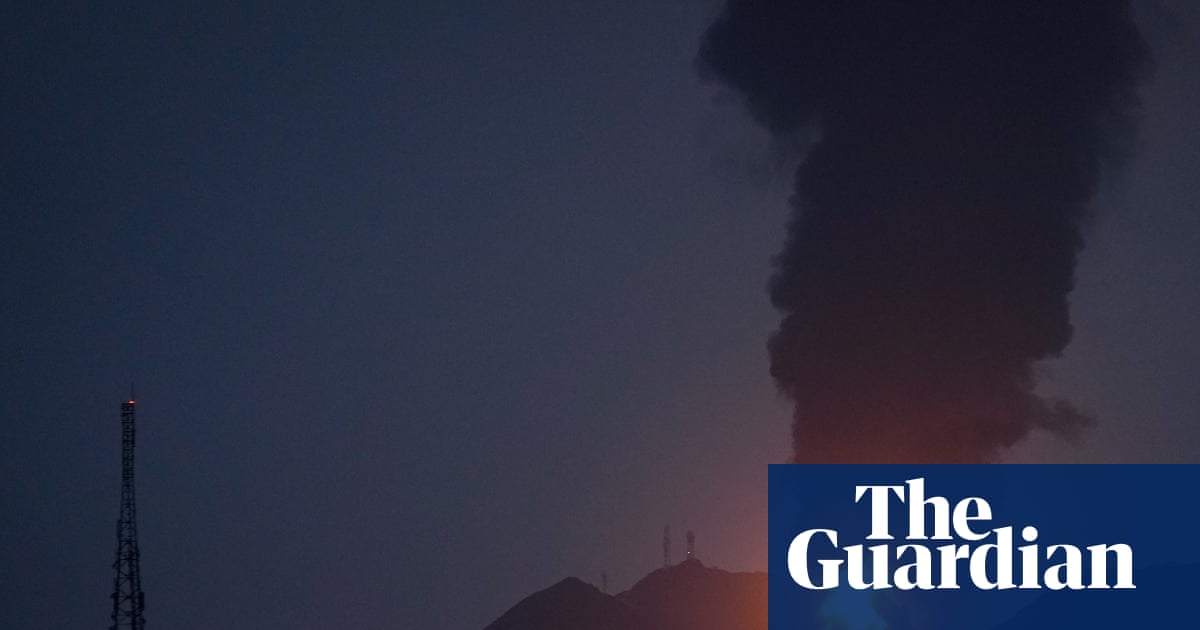After winning the election for mayor of New York City, an exuberant Zohran Mamdani took to the stage at his victory speech and said, “If there is any way to terrify a despot, it is by dismantling the very conditions that allowed him to accumulate power.” He was alluding to Donald Trump, but the sentiment also applies to Fifa, the world’s governing body for soccer.
In September, Mamdani’s team kicked off a “Game Over Greed” campaign targeting Fifa’s use of dynamic pricing for 2026 men’s World Cup tickets, calling it an “affront to the game.” His petition demanded that Fifa cease its rapacious dynamic pricing scheme, place a price cap on tickets that are resold on Fifa’s ticketing platform, and reserve a tranche of tickets for local residents. Mamdani, a longtime Arsenal fan, told the Guardian’s Football Weekly podcast, “I have long been quite troubled by how the supposed stewards of the game have opted for profit time and time again at the expense of the people that love this game.”
Now that he’s been elected mayor, Mamdani has the power and the platform to push further against the hideous “stewards” of the beautiful game. It’s time to target Fifa’s jaw-dropping tax exemptions and the ridiculous contractual demands that soccer’s world governing body places on World Cup host cities. Fifa honchos ooze privilege, making them the perfect political target at a time when public support for taxing the rich is widespread. As a genuine fan of the sport and a generational political talent, Mamdani might be able to achieve the unthinkable: force the Fifa behemoth to share its lucre.
At times, it seems like Fifa is just a money factory with a bit of football stashed in its annex. Spurred by the 2026 World Cup, Fifa set the goal of securing a whopping $11 billion in revenues through the four-year cycle, up from the $7.5 billion it hoovered up from Qatar 2022. The 2026 World Cup, expanded to include 48 teams, is on pace to become the most lucrative event in the history of sports.
Behind the scenes, tax exemptions have become a key element of the Fifa greed machine. After studying the lopsided contracts between Fifa and the South African government for the 2010 men’s World Cup, lawyer Sophie Nakueira described the world’s governing body as a “floating sovereign.” In other words, Fifa is a parastate that acts like a parasite, treating World Cup hosts like its own private Vegas buffet.
In its Bid Evaluation Report for the two candidature files for the 2026 World Cup, Fifa makes a special point to rate each country’s willingness to offer massive tax exemptions for both media and marketing. Assessing Morocco’s unsuccessful bid and the “United” bid of Canada, Mexico, and the US, Fifa rated highest Morocco and Mexico (in the pre-Claudia Scheinbaum era) for their willingness to offer a “full tax exemption.” The US assured Fifa of a “full tax exemption” for media and a “close-to-full tax exemption” for marketing revenues, and President Trump supplied a letter of support in 2018 to settle any jitters that Fifa might have been feeling. Meanwhile, Canada played hardball with taxpayer funds and earned a—womp-womp—“limited tax exemption” rating in both areas. Although the tournament ends in mid-July 2026, Fifa somehow requires its tax exemptions to last through 31 December 2028.

Nick McGeehan, the director of the human-rights group FairSquare, told the Guardian, “Tax exemptions allow Fifa to suck vast amounts of money out of its hosts. The majority of the cost of preparing the tournament falls on the hosts, while Fifa pockets all the revenue that is generated from the sale of broadcasting and marketing rights.” McGeehan added, “Fifa demands tax exemptions on all of this money and for the revenue generated by many of its partners too.” This includes some of the wealthiest media and marketing firms in the world.
Acquiring specific information about Fifa’s tax breaks is a gumshoe affair involving obscure government and Fifa documents. The task is complicated by the fact that Fifa penned individual contracts with all eleven US host cities—unlike the last time the country hosted a men’s World Cup in 1994, when a centralized organizing committee oversaw the contract—thereby splintering liability and gifting Fifa with a chance to put the squeeze on a city-by-city basis. Solidarity be damned. Ironclad secrecy rules.
Mamdani should push for full transparency: all Fifa contracts ought to be released to the public, starting with New York New Jersey. The New York Times reviewed the New York New Jersey contract, concluding that it gives enormous power to Fifa and very little power to local hosts, but every single Fifa contract should be available on the City website for all to read. To date, only a few cities have made public their contracts with Fifa, such as Seattle, Vancouver, Toronto, and Santa Clara, some with significant redactions. If host cities are contractually expected to host matches at astronomical prices—including fan festivals, which can cost $1 million per day per city—everyday people should be able to know the details. Feeling the fiscal pinch, cities like Bellingham, Washington are dramatically scaling back plans for public fan zones, depriving soccer enthusiasts one of the only affordable ways to partake. Challenging Fifa privilege chimes with Mamdani’s election-winning demand that working people are confronting a crisis of affordability and the 1 percent is not doing its fair share.
Host-city agreements with Fifa aren’t engraved in stone tablets delivered from Mt. Sinai; they can be amended, as long as changes are in writing and agreed to by the host city authority, Fifa, and the US Soccer Federation.
For its part, Fifa says the money it gains from events like the World Cup helps the sports itself. “The revenue [Fifa] generates is reinvested to fuel the growth of the game - men, women, youth - throughout Fifa’s 211 member associations globally,” the organization told the Guardian in September.
Mamdani might look backward to move forward. Back in 2012, a successful activist campaign shamed London 2012 Summer Olympics corporate sponsors into forgoing their tax exemptions. Mamdani’s democratic-socialist supporters could lead a grassroots campaign to reclaim public money from avaricious corporations.

When it comes to the World Cup, host cities are taking the fiscal risks, while Fifa scoops up the rewards. In numerous World Cup host cities, residents are bracing for extra costs related to security and logistics. Although the Big Beautiful Bill Act, passed last summer, allocated $625 million for “security and other costs related to the Fifa World Cup,” local leaders are concerned that costs in the neighborhood of “$150 million per city” could fall on the shoulders of local taxpayers. In Massachusetts, Democratic Governor Maura Healey recently proposed creating a $20 million Fifa World Cup reserve fund.
Meanwhile, in Canada, the World Cup is skewing public priorities. Amid layoffs in Vancouver’s city government, World Cup planning remains unaffected. “It’s a contractual obligation” with Fifa, explained a deputy city manager. “We have no wiggle room in terms of delivering what we need to deliver.” It’s no wonder that soccer-mad cities like Minneapolis and Chicago said thanks but no thanks to hosting matches due to Fifa’s unwillingness to negotiate in good faith and stiff insistence on tax breaks and loading liability on the hosts’ backs.
Canadian journalist Bob Mackin – who deserves enormous credit for wrenching documents from the clenched fists of World Cup organizers in Vancouver – told me, “Vancouver’s involvement in Fifa 26 lacks any credible, publicly available business case, only rosy government news releases with a variety of cost ranges, revenue estimates and aspirations of a future tourism legacy.” He added, “There is no effort to mitigate the harms to the people struggling in the community.”
Mamdani has a golden opportunity to expose the outrageous burdens that Fifa places on World Cup host cities and to demand that World Cup boosters “mitigate the harms” they inflict on working people. After all, vast sums of money swirl around the World Cup. The leader of Vancouver’s local organizing committee, Jessie Adler, hauled in a whopping $470,000 in 2024, dwarfing the British Columbia Premier David Eby’s salary of around $227,000. Mamdani could use Fifa’s brand of trickle-up economics to his political advantage.
Much is possible, and the timing is propitious, with Mamdani riding high and the general public feeling low about corporate power amassing more and more while everyday people suffer. For too long, Fifa has been “fully focused on monetizing the sport, no matter the collateral damage,” as Leander Schaerlaeckens put it in these pages. With the 2026 World Cup coming into ever-sharper focus, now is the time to push back. Mamdani, a real-deal soccer aficionado and magnetic political force is the right guy to lead the charge.

 3 months ago
85
3 months ago
85
